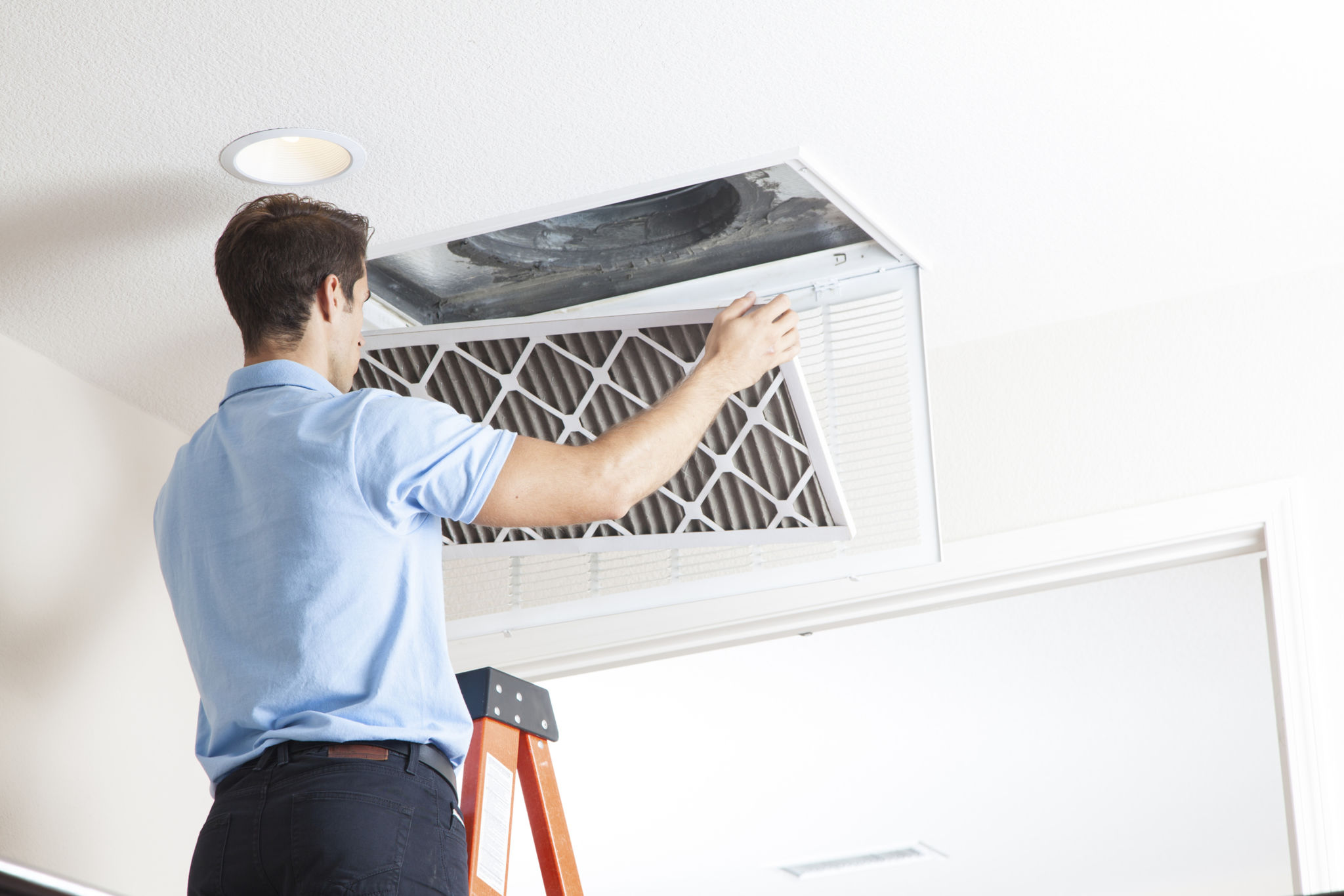How to Choose the Right HVAC Installation in the USA: A Comprehensive Guide
Understanding Your HVAC Needs
Choosing the right HVAC installation is crucial for ensuring comfort, energy efficiency, and long-term savings. Whether you're replacing an old unit or installing a new system, it's essential to understand your specific HVAC needs. Consider factors such as the size of your home, climate, and your budget. Understanding these elements will guide you in selecting the most suitable HVAC system.
Start by evaluating the square footage of your home and the number of rooms. Larger homes may require a more robust system to maintain a consistent temperature throughout. Additionally, consider the climate in your region; areas with extreme temperatures might benefit from more powerful systems or additional features like humidity control.

Types of HVAC Systems
There are several types of HVAC systems available, each with its own set of advantages. The most common types include central air conditioning systems, ductless mini-splits, heat pumps, and packaged heating and air systems. Each type serves different needs and preferences, so it’s important to research which one aligns best with your requirements.
Central air conditioning systems are popular for their ability to cool an entire home using a system of ducts. They are efficient but might not be suitable for homes without existing ductwork. Ductless mini-splits, on the other hand, offer flexibility as they do not require ducts and can be installed in individual rooms, providing customized comfort.

Energy Efficiency
Energy efficiency is a critical factor when selecting an HVAC system. Not only does it impact your utility bills, but it also affects the environmental footprint of your home. Look for systems with a high Seasonal Energy Efficiency Ratio (SEER) rating. The higher the SEER rating, the more efficient the system is.
Consider systems with ENERGY STAR certification, as these meet strict energy efficiency guidelines set by the U.S. Environmental Protection Agency. Investing in an energy-efficient system may cost more upfront but can lead to significant long-term savings on energy bills.
Installation Costs and Budgeting
The cost of installing an HVAC system can vary widely depending on the type of system, its size, and the complexity of the installation process. It's crucial to establish a budget before you begin shopping for an HVAC system. Be sure to factor in costs for both the equipment and professional installation services.

While it might be tempting to choose the cheapest option available, remember that lower initial costs can sometimes lead to higher expenses over time due to maintenance or inefficiencies. Obtaining quotes from multiple contractors can provide a clearer picture of what to expect financially.
Choosing a Reliable HVAC Contractor
Selecting a qualified HVAC contractor is as important as choosing the right system. A reputable contractor will ensure that your system is installed correctly and operates efficiently. When selecting a contractor, check their credentials, ask for references, and ensure they are licensed and insured.
Consider seeking recommendations from friends or family who have recently had an HVAC system installed. Reading online reviews can also provide insight into the experiences of previous clients. A good contractor will be transparent about their pricing and provide detailed estimates.

Maintenance and Longevity
Regular maintenance is essential to prolonging the life of your HVAC system and ensuring it runs efficiently. Ask your contractor about maintenance plans or service agreements that can help keep your system in top condition. Regular check-ups can prevent unexpected breakdowns and extend the lifespan of your unit.
Simple tasks such as changing filters regularly and keeping outdoor units free from debris can also contribute to the longevity of your system. Being proactive about maintenance can save you money in the long run and ensure consistent comfort in your home.